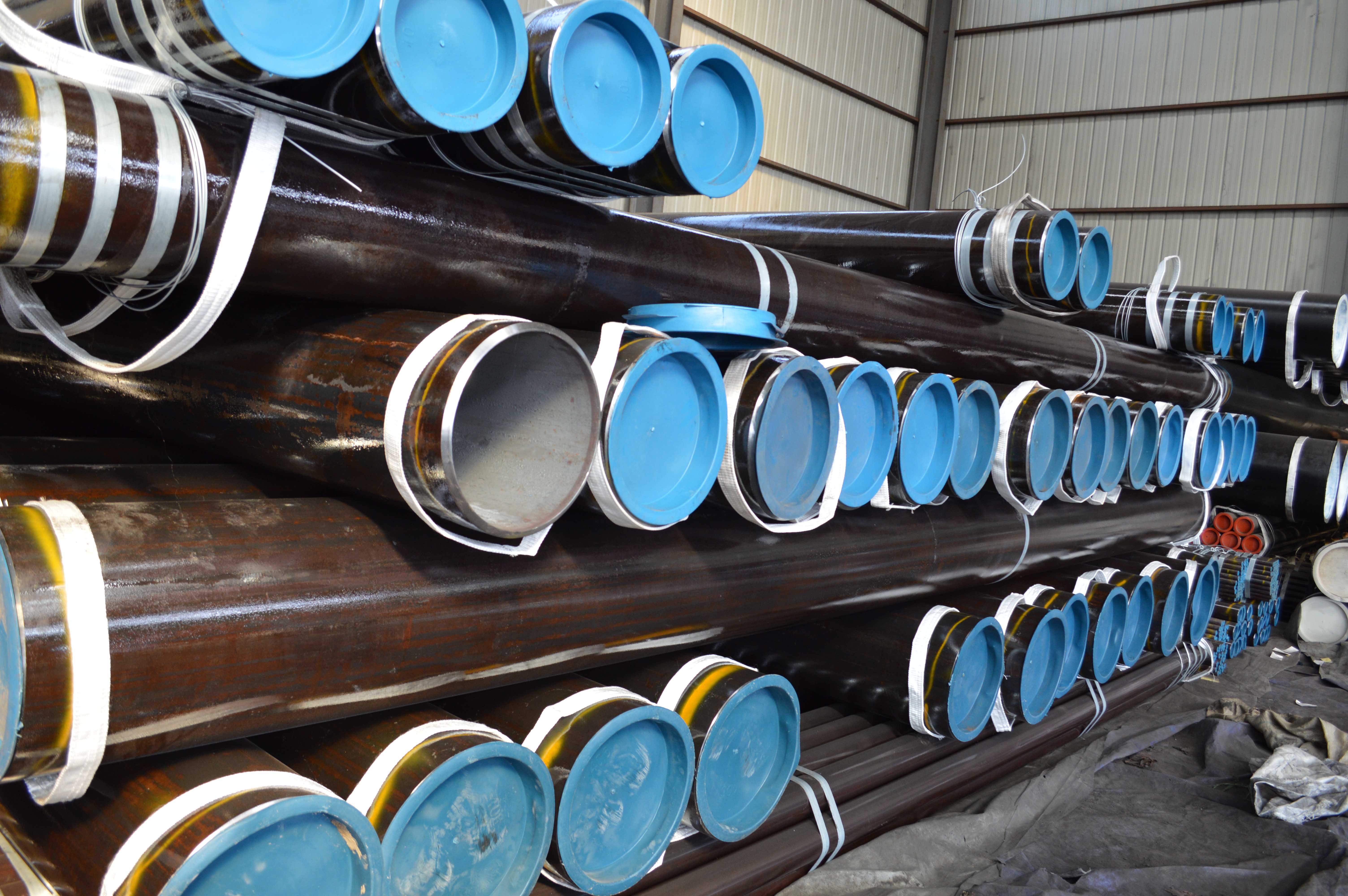Jul . 30, 2024 15:33 Back to list
Exploring ERW Welding Pipe Mill Manufacturers and Their Production Processes for Quality Steel Pipes
The Evolution of Steel ERW Welding Pipe Mill Factories
In recent decades, the demand for efficient and high-quality steel pipes has skyrocketed across various industries, such as construction, oil and gas, and manufacturing. One of the primary methods for producing steel pipes is through Electric Resistance Welding (ERW). This process has evolved significantly and led to the establishment of specialized factories, known as steel ERW welding pipe mill factories.
ERW welding is a process that utilizes electrical resistance to join metal pieces. The method involves passing an electric current through the edges of steel strips, which heats the material to a molten state. As the edges become molten, they are pressed together under high pressure, forming a continuous pipe. This technique is highly valued for its efficiency, cost-effectiveness, and ability to produce high-quality pipes with minimal defects.
The Evolution of Steel ERW Welding Pipe Mill Factories
One of the significant advantages of ERW welding is its adaptability. ERW pipe mill factories can produce a wide range of pipe sizes and specifications, catering to various industry requirements. Whether it is small-diameter pipes for plumbing applications or large-diameter pipes for oil and gas transportation, these factories have the flexibility to meet diverse needs. This versatility makes ERW welding an attractive option for manufacturers looking to maintain a competitive edge in the market.
steel erw welding pipe mill factories

The sustainability aspect of ERW pipe production is another critical area of focus. Many steel ERW pipe mill factories have adopted practices to reduce waste and enhance energy efficiency. For instance, the use of recycled steel as a raw material significantly decreases the ecological footprint of the manufacturing process. Furthermore, innovative cooling and heating systems minimize energy consumption, aligning production practices with global sustainability goals.
Quality control remains a paramount concern in the production of ERW pipes. Many factories have implemented rigorous testing standards to ensure that every product meets industry regulations and client specifications. This includes non-destructive testing methods such as ultrasonic and electromagnetic inspections to detect any potential flaws in the welds. By emphasizing quality assurance, steel ERW welding pipe mill factories build trust with their clients, resulting in long-term partnerships and a solid reputation in the industry.
As industries continue to evolve, so do the challenges and opportunities for steel ERW welding pipe mill factories. The increasing demand for specialized steel products, driven by infrastructure development and technological advancements, requires these factories to remain agile. Embracing innovative manufacturing technologies such as artificial intelligence (AI) and the Internet of Things (IoT) can further enhance operational efficiency and reduce production costs.
In conclusion, steel ERW welding pipe mill factories play an essential role in meeting the growing demand for high-quality steel pipes. Through advanced technology, adaptability to various market needs, and a commitment to sustainability and quality, these factories are poised to lead the steel pipe manufacturing industry into the future. With ongoing innovations and a focus on efficiency, the potential for growth and expansion in the ERW market remains vast, ensuring that these factories will continue to be vital players in global manufacturing.
-
High Quality Mild Steel Pipe Manufacturers in China for Exporting Premium Industrial Solutions
NewsAug.01,2024
-
Exploring Key Characteristics of Wholesale API Steel Pipes for Your Business Needs
NewsAug.01,2024
-
Current Wholesale Prices for ERW Steel Pipes in the Market Right Now
NewsAug.01,2024
-
Exploring the Diverse Applications and Benefits of China Round Steel Pipes in Construction and Industry
NewsAug.01,2024
-
Top Quality API 5L ERW Steel Pipe Manufacturer Offering Reliable and Durable Solutions for Your Needs
NewsAug.01,2024
-
Reliable Supplier of Premium Quality Concrete Pipes for Durable Construction Projects
NewsAug.01,2024